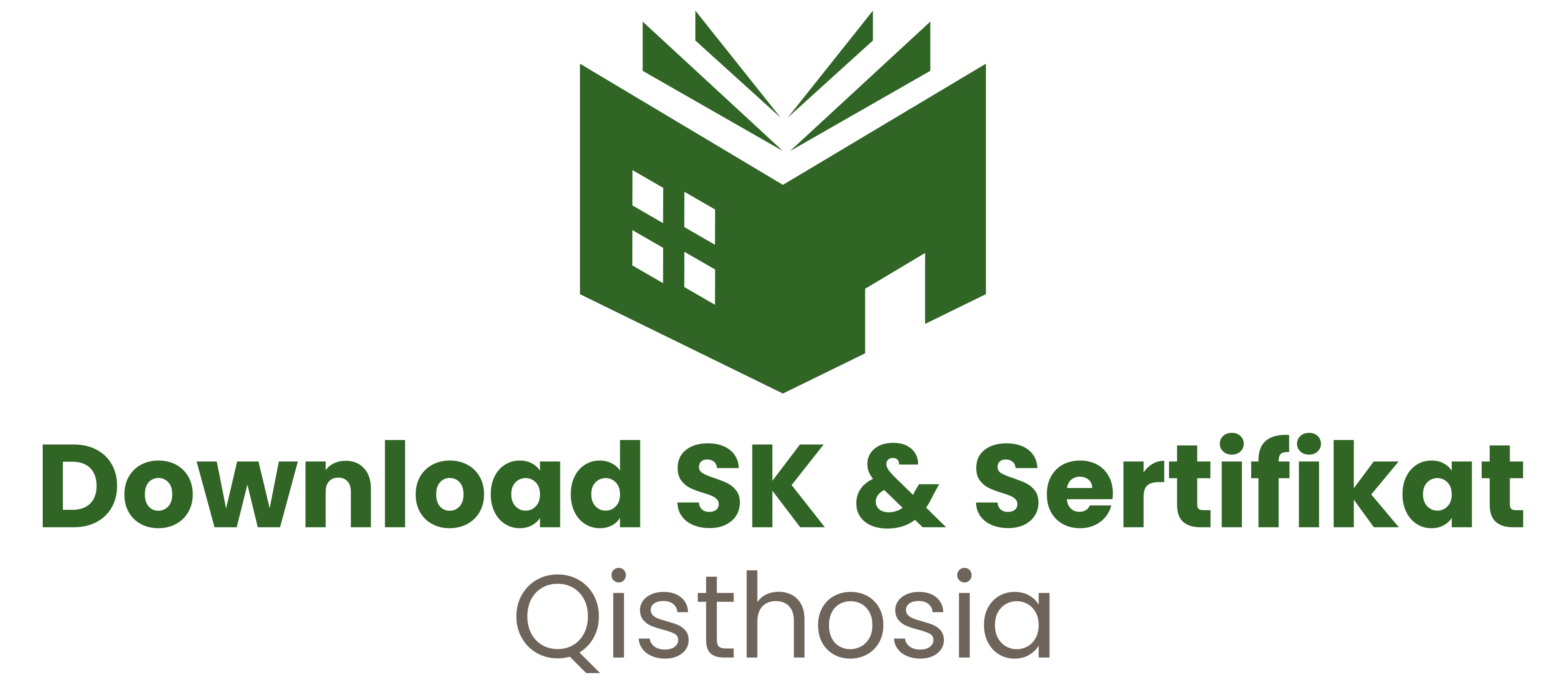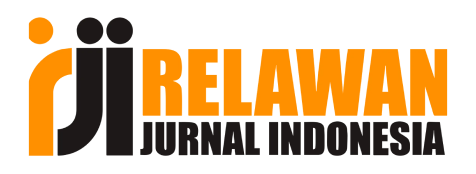Interconnection between Structural-Functional Families as Nafkah Provider and Common Property Concept under Indonesian Family Law Regulations
Interkoneksi Struktural-Fungsional Penanggung Jawab Nafkah dan Konsep Harta Bersama dalam Regulasi Hukum Keluarga Indonesia
DOI:
https://doi.org/10.46870/jhki.v5i1.743Keywords:
Nafkah Provider, Family Law Regulations, Common PropertyAbstract
This study aims to examine the structural-functional family as nafkah provider normatively and empirically. Empirically and interconnect it with common property concept under Indonesian family law regulations, in this case Law Number 1 of 1974 concerning Marriage and the Compilation of Islamic Law. This topic is interesting to discuss because in the reality of society there are structural-functional variations of the family that are not in harmony with family law regulations in Indonesia and as a means of providing knowledge about the implications of common property in such cases. The research method used was a field study by interviewing several families with length of marriage over 10 years serving as a nafkah provider. As a result, there are three variations of nafkah provider, namely the husband as a provider, the wife as a provider, the husband and wife collaborate as providers. The structural-functional interconnection of nafkah provider normatively and empirically has been polemical because there are facts in society that are regarded that it is not relevant to Indonesian family law regulations. However, in the common property concept, which is property acquired during marriage, structural-functional interconnection in family does not affect the status of common property. Thus, common property remains a common right regardless of who works and acts as provider in family unless there is a court verdict that considers it in a fair context.
References
Al-Khatib, Yayah Abdullah. Fikih Wanita Hamil. Jakarta: Qisthi Press, 2005.
Ali, Atabik, and Ahmad Zuhdi Mudhlor. Kamus Kontemporer Arab-Indonesia. Yogyakarta: Multi Karya Grafika, 1999.
Badan Pengembangan dan Pembinaan Bahasa. “Nafkah.” KBBI. Accessed October 29, 2023. https://kbbi.web.id/nafkah.
Damayanti, Wahita. “Tanya Hukum: Pembagian Harta Gono Gini Ketika Istri Yang Paling Berkontribusi Dalam Keluarga.” Pengadilan Agama Pangkalan Kerinci, 2022. https://www.pa-pangkalankerinci.go.id/berita/arsip-artikel/1356-tanya-hukum-pembagian-harta-gono-gini-ketika-istri-yang-paling-berkontribusi-dalam-keluarga-oleh-wahita-damayanti-s-h.
Depertemen Agama RI. Kompilasi Hukum Islam Di Indonesia. Jakarta: Direktorat Bina KUA dan Keluarga Sakinah, 2018. https://simbi.kemenag.go.id/eliterasi/storage/perpustakaan/slims/repository/b5c07c0ce34195adb3cd15ad059b33f2.pdf.
Kementerian Agama RI. Al-Qur’an in Word. Jakarta: Lajnah Pentashihan Mushaf Al-Qur’an, 2023.
Lukman, Andi Tenri, Ma’ruf Hafidz, and Hamzah Baharuddin. “Penyelesaian Pembagian Harta Akibat Perceraian Di Pengadilan Agama Maros.” Journal of Lex Generalis 2, no. 2 (2021): 740.
Muhammad, Abdulkadir. Hukum Dan Penelitian Hukum. Bandung: PT Citra Aditya Bakti, 2004.
Mulyadin, Yusuf. “Hak Dan Kewajiban Istri Sebagai Tulang Punggung Keluarga: Tinjauan Madzhab Syafi’i Dan Kompilasi Hukum Islam.” At-Ta’dil 1, no. 1 (2021): 74–88.
Nurholis. “Substansi Dan Relevansi Dari Konsep Nafkah Dalam Berbagai Perundang-Undangan Hukum Keluarga Islam Kontemporer; Analisis Struktural-Fungsional.” Al-Qadlaya 1, no. 2 (2022): 1–14.
Pemerintah Pusat Indonesia. Undang-Undang Nomor 1 Tahun 1974 Tentang Perkawinan (1974). https://peraturan.bpk.go.id/Details/47406/uu-no-1-tahun-1974.
Six Families, Interview by author, Yogyakarta, October 18, 2023.
Sidqi, Imaro. “Istri Sebagai Penanggung Jawab Nafkah Keluarga: Kajian Sosiologi Hukum Di Tengah Masyarakat Muslim Desa Sikayu Kecamatan Comal Kabupaten Pemalang.” Al-’Adalah 8, no. 1 (2023): 83–106. https://doi.org/https://doi.org/10.31538/adlh.v8i1.3334.
Syafitri, Nadya, Hamdani, and Ramziati. “Tanggung Jawab Nafkah Keluarga Dari Istri Yang Bekerja Menurut Kompilasi Hukum Islam (KHI) Dan Hukum Adat (Studi Penelitian Di Kota Lhokseumawe).” Suloh 10, no. 2 (2022): 313–37.
Yasin, Muhammad. “Ikhtisar Pandangan Para Ahli Tentang Kedudukan Kompilasi Hukum Islam.” Hukumonline.com, 2023. https://www.hukumonline.com/stories/article/lt6460cfa524714/ikhtisar-pandangan-para-ahli-tentang-kedudukan-kompilasi-hukum-islam.
Downloads
Published
How to Cite
Issue
Section
License
Copyright (c) 2024 QISTHOSIA : Jurnal Syariah dan Hukum

This work is licensed under a Creative Commons Attribution-NonCommercial-ShareAlike 4.0 International License.








 Indonesia
Indonesia






